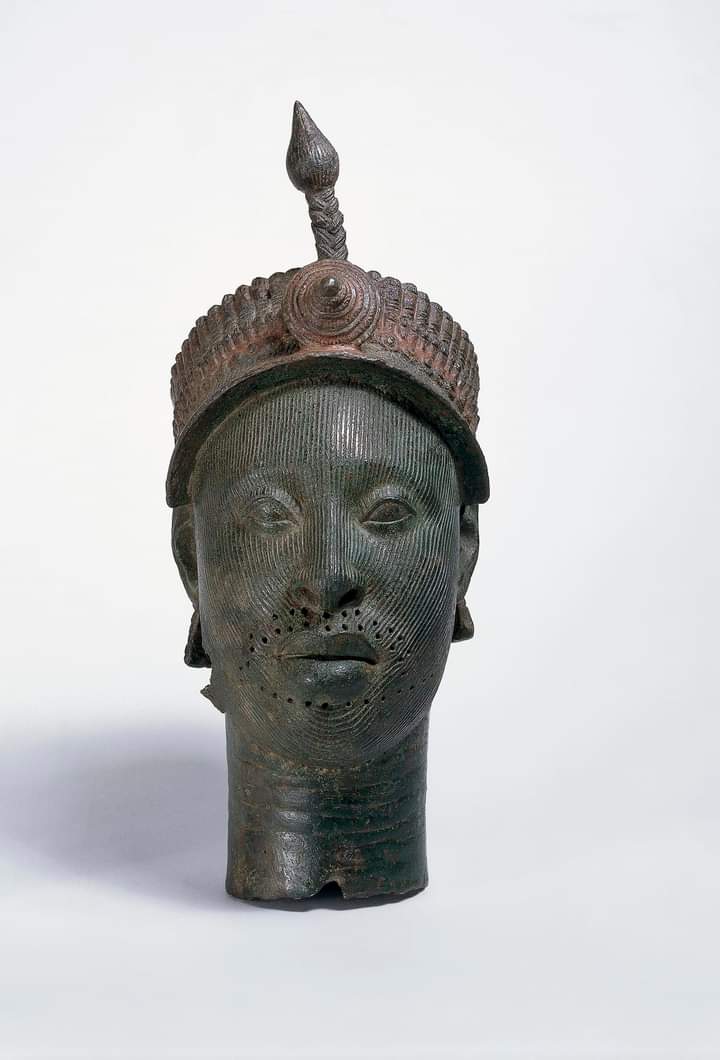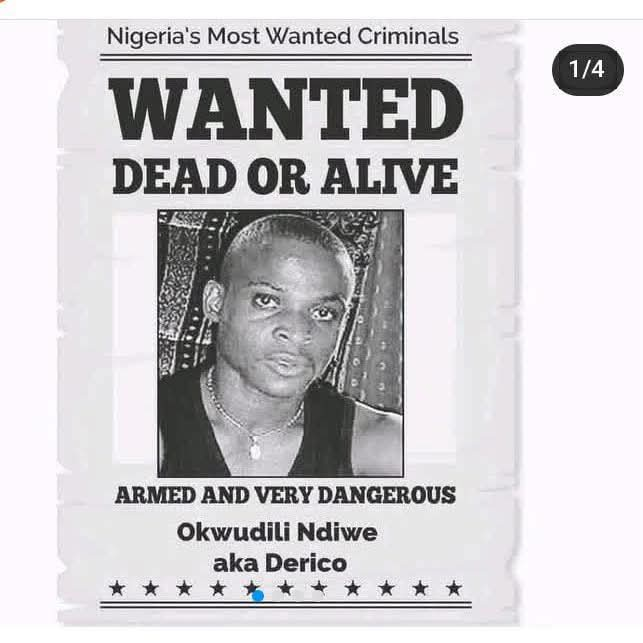The Notorious Fall of Derico Nwamama
The Notorious Fall of Derico Nwamama: The Terror of Eastern Nigeria
In the shadowed lanes of Eastern Nigeria’s bustling towns at the turn of the millennium, one name stirred dread like no other—Derico Nwamama. Born Okwudili Ndiwe, this young man from Aguleri in Onitsha transformed from a petty pickpocket into a criminal juggernaut. By the age of 22, he had carved a bloody path through the heart of Anambra and Delta States, becoming a symbol of unchecked brutality and lawlessness in a region gripped by fear.
Derico’s rise to infamy was swift and merciless. After reportedly eliminating another feared criminal, Chiejina, he ascended to the throne of terror. He launched his reign from the shadows, operating between Abuja and the east, orchestrating deadly robberies and massacres, then retreating to comfort and safety, untouched by the law. His gang robbed banks with military-style precision, hijacked interstate buses, and left trails of blood wherever they struck. In one horrific act in December 2000, he robbed a 59-seater bus at Upper Iweka in Onitsha and allegedly executed almost all the passengers. Only four lived to tell the tale.
Despite mounting pressure, Derico remained elusive. The police, though persistent, could not break through his network or his belief in his own invincibility. His trust in native charms and the confidence that “no man born of a woman could kill him” made him reckless. He mocked the police, sending threatening letters, and struck with impunity, even attacking a police station in June 2001 for arms to support more audacious robberies.
When traditional law enforcement proved ineffective, Governor Chinwoke Mbadinuju made a fateful decision. In July 2001, the state turned to the infamous Bakassi Boys, a vigilante group known for supernatural strategies and ruthless justice. The Bakassi Boys, feared and revered in equal measure, launched their hunt. Within weeks, they captured Derico in Onitsha. Unlike the drawn-out trials of conventional justice, vigilante law was swift—Derico was publicly executed, and with him, an era of terror came to a gruesome end.
His story is a chilling reminder of what happens when society turns a blind eye to petty crimes, allowing them to fester into monsters. Derico was not born a killer—he became one, nurtured by the cracks in a broken system and emboldened by fear.
“Crime is a career without retirement, only consequences.” Let us never forget the cost of silence, the price of impunity, and the unyielding need for justice—even in the darkest corners of our society.




